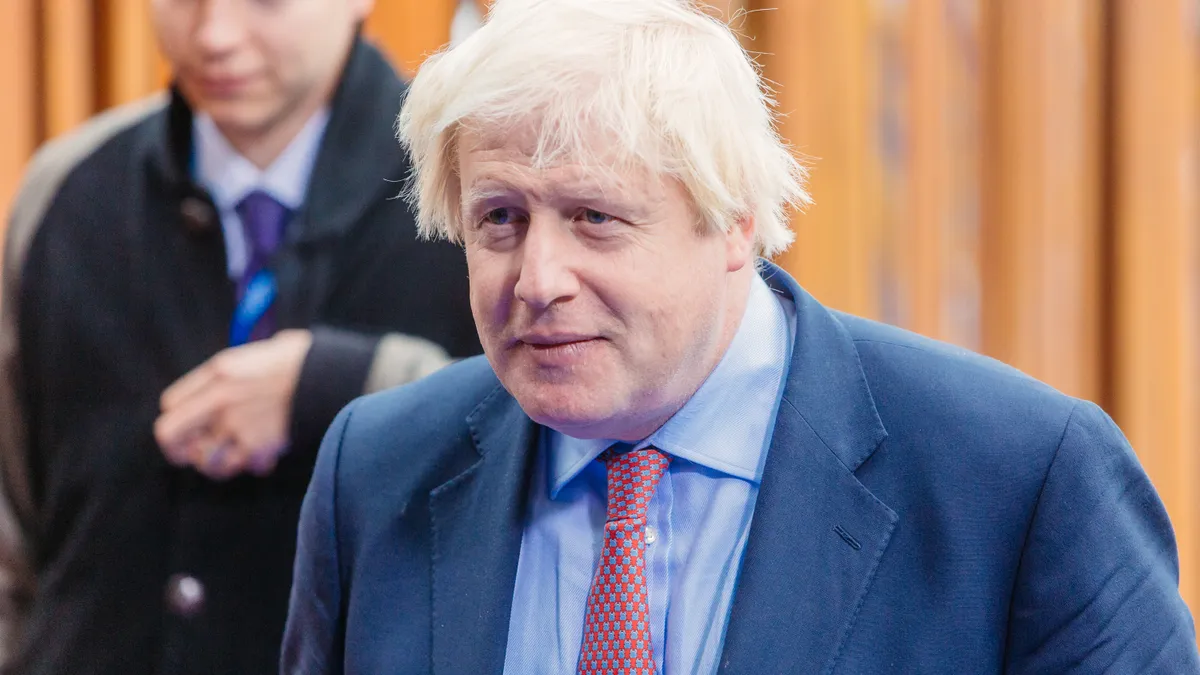Dive Brief:
-
The U.K. government has struck a deal to source more than 10 million COVID-19 antibody tests from Abbott and Roche over the coming months.
-
In a statement posted Thursday, officials said people working in the health and care sectors will be offered lab-based antibody tests starting next week. The government acknowledged the lack of evidence showing antibodies confer immunity, but thinks the tests could help identify who is less likely to catch and transmit the coronavirus.
- The notice from the U.K. government, which bought $20 million worth of unreliable antibody tests early in the crisis, coincided with the removal of 28 products from a list of the tests that can be used in the U.S. without emergency use authorization.
Dive Insight:
The U.K. government talked up the big role antibody tests could play in countering the coronavirus outbreak early in the crisis, notably when Prime Minister Boris Johnson claimed products that are “as simple as a pregnancy test” could be a “total gamechanger” in response to the pandemic. Weeks later, reports emerged that the 2 million tests bought by the U.K. at a cost of $20 million were too inaccurate to use.
That set back the U.K.’s antibody testing strategy but the government retained an interest in the idea of checking if people may have immunity to the virus. A U.K. agency is studying 10,000 people to assess if antibodies confer immunity, and the government now has deals to support its wider plan.
Through deals with Abbott and Roche, the U.K. has secured a supply of more than 10 million tests for “the coming months.” Abbott is supplying “millions” of the tests and has already shipped 800,000 to U.K. laboratories, according to the company's announcement. The U.K. government is still negotiating agreements with other manufacturers with a view to sourcing millions of additional antibody tests.
Both Abbott and Roche declined to provide details to MedTech Dive on their respective U.K. contracts. However, Roche said it will be providing "several million" tests to the government.
The deals with Abbott and Roche will enable the U.K. to start offering antibody testing to people working in health and care in England, as well as to patients and care residents upon the request of their physicians. The products will show whether someone was previously infected with the virus.
Given how restricted access to PCR testing was in the early weeks of the coronavirus crisis, the U.K. has an imperfect picture of how many people have been infected. The antibody tests could start to improve understanding of what proportion of the population has been infected.
The U.K. has previously expressed hopes that the results of antibody tests will support “immunity passports” that enable people to return to work on the grounds they are likely to fight off the virus if exposed to it again. However, the lack of firm evidence that antibodies grant immunity means for now the government is advising people who test positive to continue following the rules on social distancing and the use of personal protective equipment.
"A positive test result for antibodies, whichever test is used, does not currently mean that the person being tested is immune to COVID-19," according to the notice of the deal. "There is also no firm evidence that the presence of antibodies means someone cannot be re-infected with the virus or will not pass it on to someone else. If someone tests positive, they still need to follow social distancing measures and appropriate use of PPE."
With claimed specificity of nearly 100%, the Abbott and Roche antibody tests should rarely issue false positives, reducing one concern with the concept of immunity passports. Some antibody tests that came to market earlier were more prone to false positives.
FDA began the process of clearing up the coronavirus antibody testing market this week by listing 28 products that are no longer available, in some cases because the manufacturer voluntarily withdrew them. The tests came to market via a pathway that allows manufacturers to self-validate tests rather than follow the EUA process, provided they later sought formal authorization. FDA has removed tests from manufacturers that failed to seek EUA and products found to have “significant problems.”
None of the withdrawn tests are made by well-known companies, but a test promulgated by BD, developed and manufactured by partner BioMedomics, had been available through the medtech since late March. However, an FDA spokesperson told MedTech Dive earlier this month that since the agency updated its antibody testing policy on May 4, BioMedomics had "voluntarily withdrawn" its test.
Still, questions about testing accuracy have dogged some larger players. Notably, Abbott’s rapid diagnostic test has been the subject of several studies that have raised concerns about its false negative rate, leading the company to issue new data this week. Abbott argued the data show its test is performing comparably to alternatives, although it acknowledged it performs better shortly after the emergence of symptoms.











